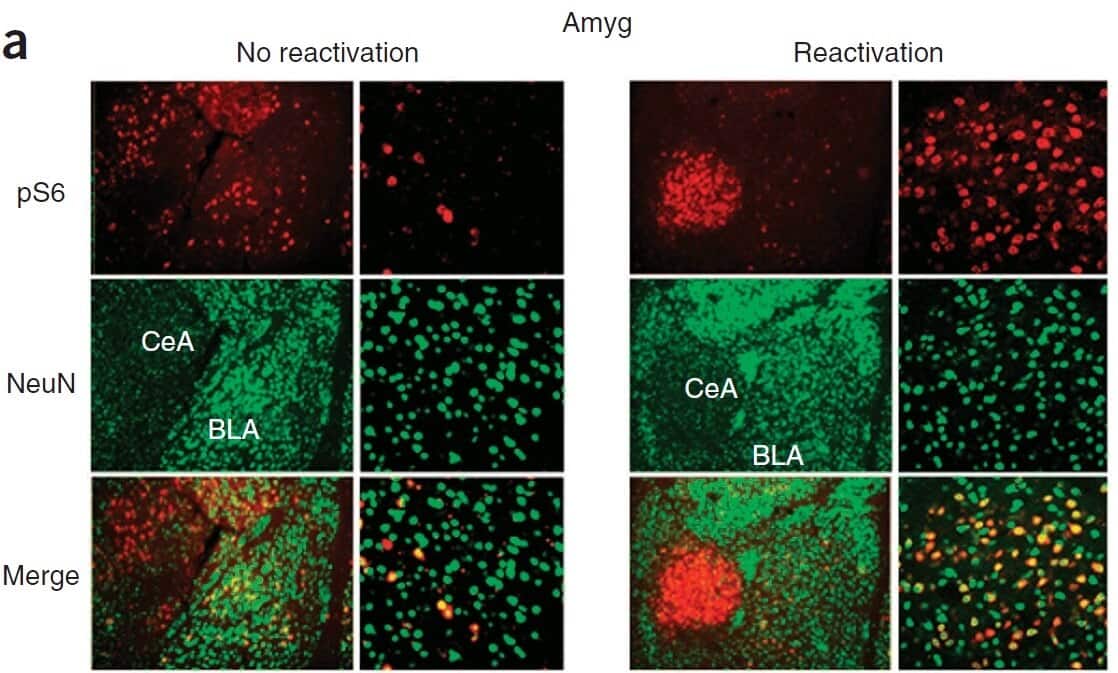"The new method does not damage memories that are not related to alcohol," notes Dr. Segev Barak, currently a researcher at the School of Psychological Sciences and the Segol School of Neuroscience at Tel Aviv University. The research will be published tonight in the journal Nature Neuroscience

Israeli researchers discovered that by erasing memories related to alcohol, it is possible to prevent the recurrence of alcoholism (relapse) after withdrawal. At the moment it is a study in rats, but the researchers point out that it is not impossible that similar studies will soon be conducted in humans as well, and that the research paves the way for the treatment of additional addictions.
The study was conducted at the University of California, San Francisco, led by Prof. Dorit Ron from the "Galvo" Addiction Research Institute, and led by Dr. Segev Barak, currently a researcher at the School of Psychological Sciences and the Segol School of Neuroscience at Tel Aviv University. The study will be published tonight, Israel time, in the journal
nature neuroscience.
"Drug and alcohol addiction is a disease with a biological basis, which causes enormous suffering and heavy health and financial damages. Drugs and alcohol work on the normal brain mechanisms of learning and memory, and may create long-term changes in them that lead to the relapse of the disease ('falling' for the drug), even after years of withdrawal, and also after drug and psychological treatments," says Dr. Segev Barak. "In fact, 70-80% of alcohol and drug addicts 'fall' and return to drugs or alcohol within a year of detoxification, even after successful detoxification treatment."
"One of the main causes of the relapse of the disease among alcoholics are those persistent memories that link objects and places to alcohol, such as pubs, drink bottles, and of course the characteristic smell and taste of alcohol. Therefore, our finding that it is possible to selectively erase these memories and prevent the fall, constitutes an innovative treatment strategy."

During the study, the researchers gave the rats a choice between water and alcohol (at a concentration of 20%), and the rats drank alcohol in large quantities voluntarily for about two months. The researchers then trained the rats to press a pedal to get alcohol. After a 10-day withdrawal, the memory for alcohol was retrieved (awakened) by presenting the smell and taste of alcohol.
"When we retrieve a memory, a window of opportunity of several hours opens, in which the memory becomes vulnerable to manipulation, because it undergoes updates and reprocessing (called re-consolidation)" explains Dr. Barak. "We found that during this process there is a very strong activation of a protein inside the nerve cell called mTORC1, which is responsible for the process of creating new proteins at the connection points between the nerve cells in the brain (synapses), and plays an important role in shaping memory."
The researchers scanned the entire brain and found that alcohol-related memories cause the activation of this protein in specific areas of the frontal cortex associated with memory processing, and also in the amygdala nucleus, which is responsible for emotional memories and is involved in alcohol withdrawal symptoms. According to Dr. Barak, such a focused and strong activation of a protein in a specific area of the brain is very rare. "Immediately we knew something critical was happening there. Therefore, we tested whether preventing this targeted activation can damage the stability of the memory, and help prevent the recurrence of seeking and consuming alcohol."
Indeed, the researchers later found that targeted silencing of these processes in the brain immediately after retrieving the memory, causes the erasure of the memory, and a long-term prevention of seeking and consuming alcohol in the following days. This silencing is done using the drug rapamycin, approved by the US Food and Drug Administration to prevent transplant rejection. "It is important to note that we found that other memories not related to alcohol, such as memories related to natural rewards such as sugar, were not damaged at all. The damage was focused on memories of alcohol, and was very strong. These rats simply did not come back to look for alcohol" adds Dr. Barak.
According to Dr. Barak, the collaboration between the research groups at Tel Aviv University and the University of California, San Francisco is now focused on a better understanding of the brain and biological mechanisms underlying memory processes that lead to falling into alcoholism. In addition, in his laboratory at the School of Psychological Sciences at Tel Aviv University, Dr. Barak is developing behavioral treatment methods, the implementation of which during the "window of opportunity" that opens when retrieving a memory, will lead to results similar to those of drug treatment, that is, the erasure of the memory and the prevention of "falling" into drugs and alcohol. "If we succeed in developing such an effective and drug-free method, which can prevent the tendency to the chronic course of addictions of various types, it will be a real revolution" notes Dr. Barak.

4 תגובות
The "deletion" is more of the meaning or connection between the situation/object and the arousal/desire it would have raised for alcohol.
In behavioral terms (conditioning) can we say that it is a targeted extinction of biologically dependent cues only?
If so, it can be used for anything therapeutic, triggering cues in PTSD, etc.
If you can delete alcohol, you can delete everything, including cigarettes,
It is even possible to erase people's past experiences, and change their personality.
It is also possible to increase the amount of mTORC1 protein and improve memory while learning.
The brain can be reprogrammed, and reset
And what about food?
Would it be possible to apply this also to: unrequited love, election losses, the state of Israeli football or the nightmare memory caused by the image of Arafat?